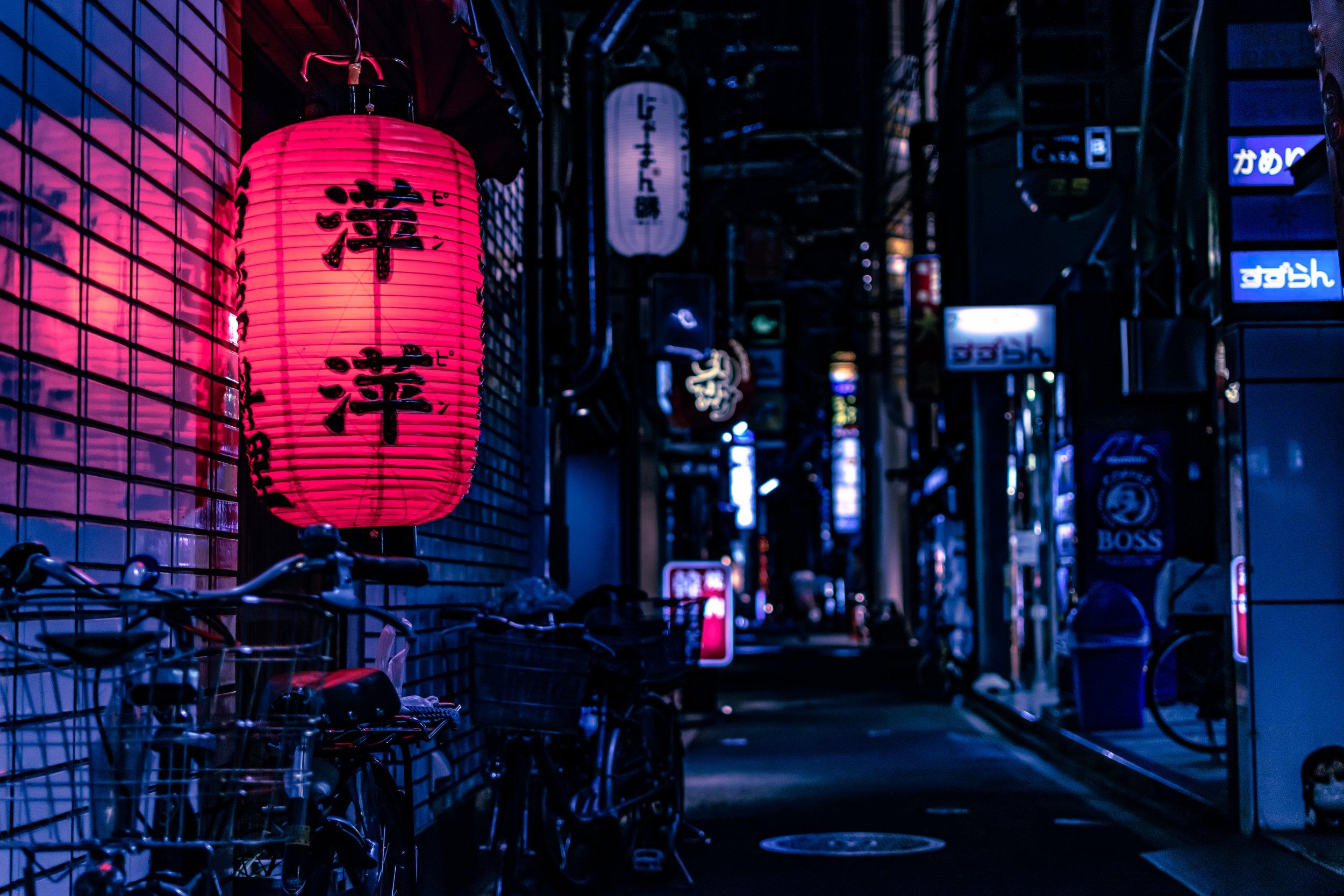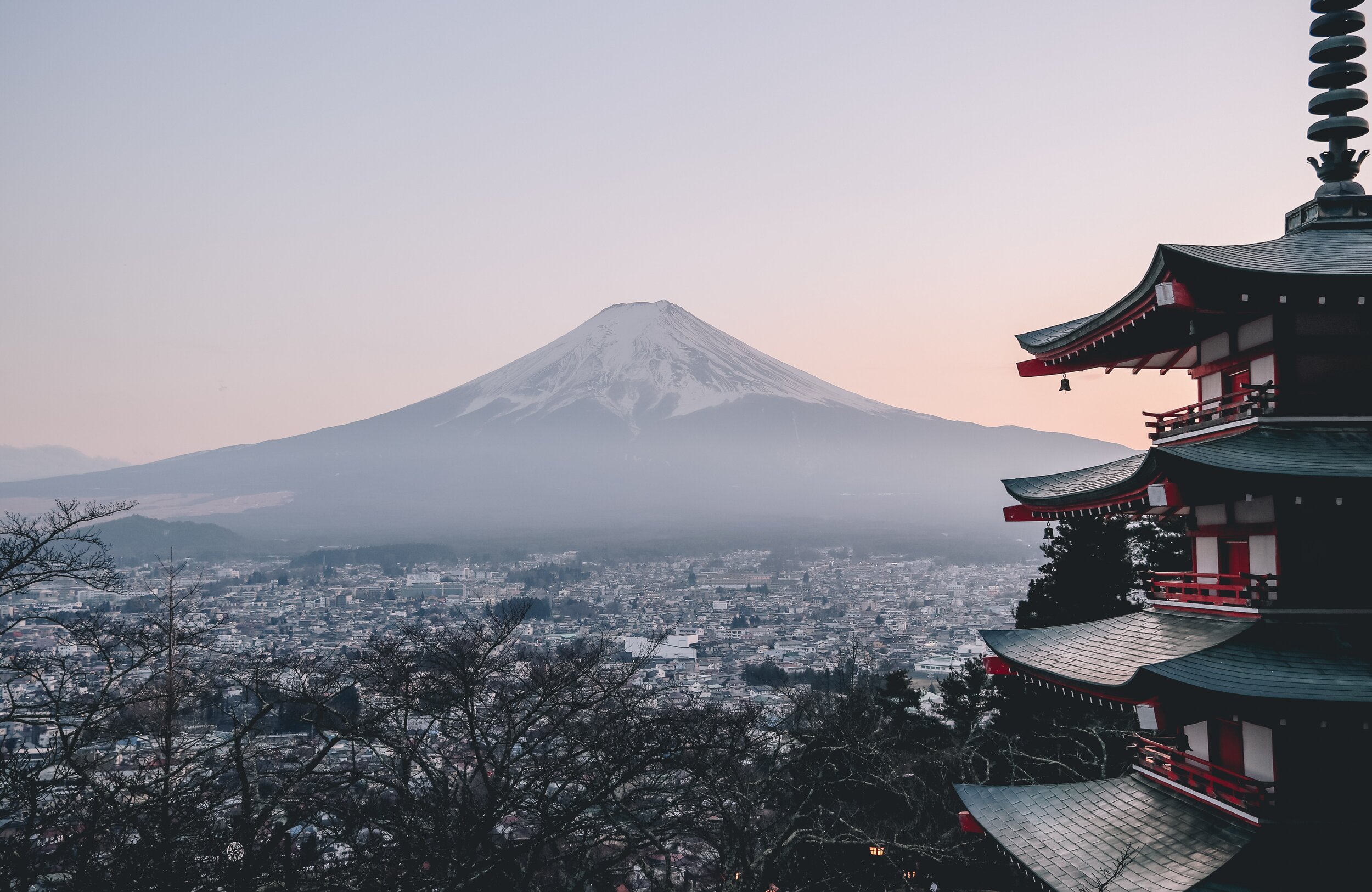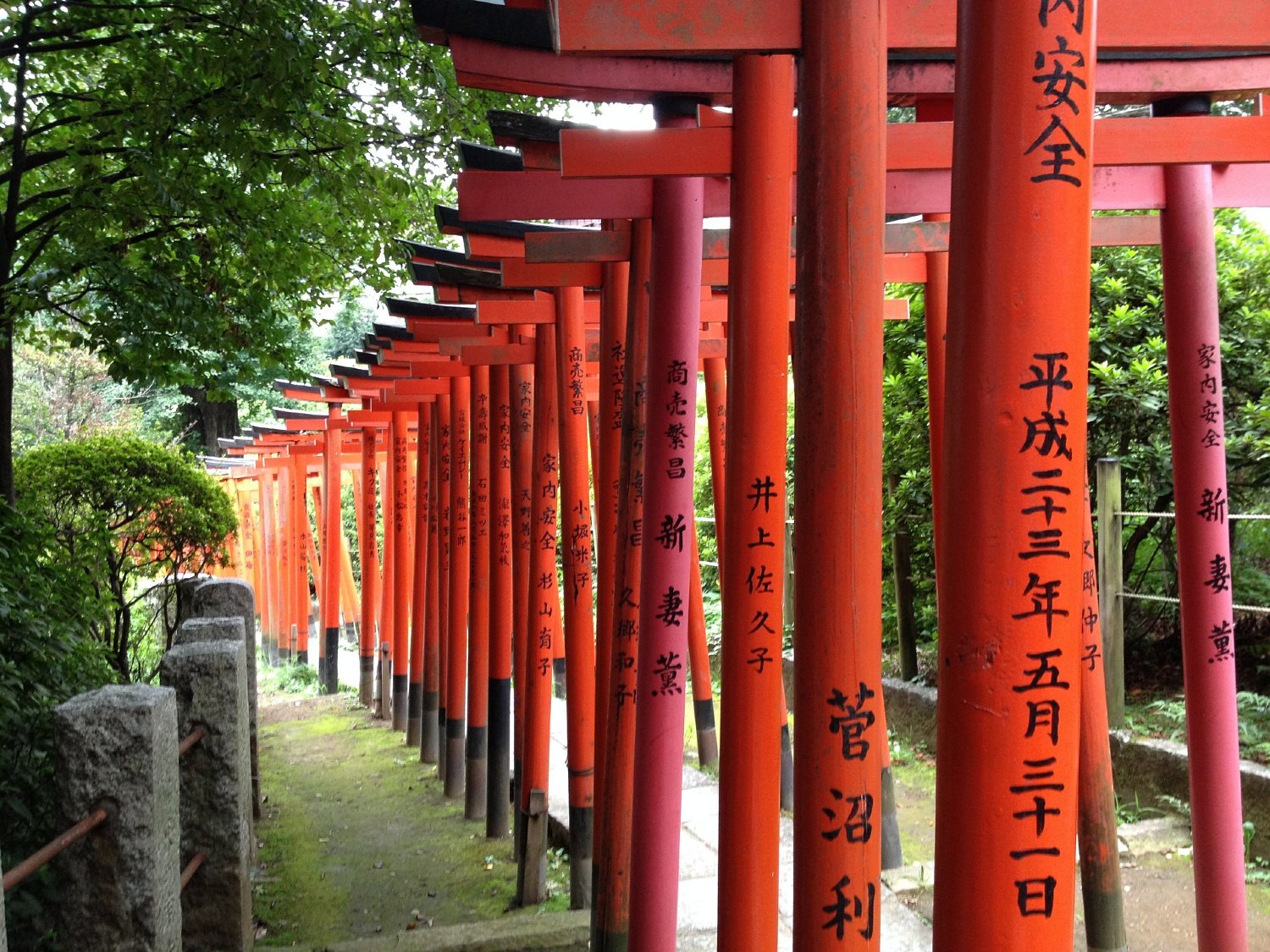Japan is often referred to as the “land of the rising sun” and is best known for its efficient transportation system, especially the famous bullet trains. Japan is an interesting country to visit because of the combination of the old and the new that you will find as you travel through this place. You will notice contrasting environments such as “peace” and “chaos” and doses of “quirky” yet “proper” sprinkled throughout the region. So is Japan a good destination for a solo traveler? If you’re traveling to Japan alone for the first time, here are 15 tips you need to know.
1. Have cash on hand – Did you know that Japan operates in primarily a cash-based environment? Plenty of businesses will accept international credit cards however know that many ATMs do not accept foreign cards. While you can research the ATMs that do accept international cards (and avoid hunting for one while you are there and in desperate need), it is better to have some cash on hand. You might be wondering about the safety of carrying so much cash around but Japan is a safe country and you don’t have to worry about having large amounts of cash even when you’re traveling solo.
2. Immigration checks and departure dates – Upon arrival in Japan, just like in most countries, you will be required to fill out a form stating your arrival and departure dates. This form will ask you to fill out your lodging information. If you don’t have this detail or your departure dates, you might be subject to an interview in a separate room. You will not be arrested but the interview might be unsettling as a solo traveler about to embark on a trip in Japan.
3. Things not to do and say in Japanese culture:
a. In homes and some spas, removing your shoes is a must.
b. When you’re in public transportation, avoid talking on the phone unless it’s an absolute emergency, then make it a short call and don’t be loud.
c. Using your chopsticks vertically and sticking it into food represents an offering to the dead in parts of Asia, so avoid this behavior.
d. Don’t use one finger to gesture at people.
e. Do not speak against the Japanese royal family.
f. If you are required to stand in a group of people and you see them queueing up, do the same. In some countries the concept of a queue is non-existent.
g. Avoid drawing unnecessary attention to yourself when you’re traveling alone and in Japan that means try not to do anything distasteful in public as the Japanese generally avoid loud and offensive behavior in public.
4. Learn Japanese key words – Learning some key phrases and words can be helpful if you’re traveling to Japan for the first time, as a solo traveler. While English is taught in school, many Japanese don’t practice speaking it so if you remember to speak slowly and clearly, you will have a better chance of getting what you need. The Japanese language is also very phonetic and with patience you can communicate with one another. Some simple words to learn are:
a. How much is it – Ikura Desuka
b. Do you have Wi-fi – Wi-fi Arimasuka
c. Suki Desu – I like it/you/this
d. Guai Ga Warui Desu – I don’t feel well
e. Wo Kudasai – May I have
f. Massugu Desu – Go Straight
g. Ue, Shita, Migi, Hidari – Up, Down, Right, Left
h. Wa Doko Desuka? – Where is?
i. E Ikitai Desu – I want to go to
j. Watashi no Namae wa desu – My name is
k. Konnichiwa – Hello
l. Konbanwa – Good Evening
m. Oyasuminasai – Good Night
n. Arigatou Gozaimasu – Thank You
o. Ohayou Gozaimasu – Good Morning
5. Japan Railways Pass – The Japan Railways Pass is a terrific opportunity to save when traveling long-distance. If you take at least two long distance rides, then this pass is worth it, otherwise it ends up becoming more expensive than purchasing individual train tickets. Head to the ticketing office to get a reservation when using this pass and although reservations are not mandatory, they are free with these passes. The services that don’t require reservations have free-seats carriages. Japanese trains also have limited storage space so take this into consideration when deciding your luggage. The passes also enable you to travel for free on certain lines such as the Yamanote Line in Tokyo and the Loop Line in Osaka. They will likely be crowded as these lines are some of the most heavily used services.
6. Safety in Japan – Japan is known as of the one of the safest countries in the world, even for solo traveling. But just like in Thailand, beware of club promoters that tend to be persistent as you walk by. If you follow them into a bar or club, they will tend to shower you with attention and drinks and food and before you know it, you will have raked up a bill worth few hundred yen or maybe even more and insist you pay it. So if you are traveling to Japan alone, it is best to avoid this part of the nightlife if you are not with a local.
7. Smoking in Japan – In Japan, smoking is increasingly prohibited so be sure to research the designated spots and then smoke (if you’re a smoker), otherwise risk incurring a fine.
8. How to behave in Temples – When visiting Shinto shrines note that there is a specific worship ritual. Use the trough with running water to cleanse yourself by using the provided ladles to collect water. Wash your left hand, then your right. Pour some water into one hand and use that to rinse your mouth. Don’t spit into the trough or wash your hands above it. Inside the offering hall, people might typically put a coin into the offertory box, bow twice, clap their hands, bow again and pray. As a tourist if you don’t follow this ritual, it’s fine but be aware of the process in case you decide to follow it. If you go into a Buddhist temple, you can pay your respects by buying incense and burning it.
9. Tipping in Japan – While a sincere thank you is appreciated at restaurants, tipping is not a customary practice and might even be offensive to the culture.
10. Train stations in Japan – Train stations in Japan are a great option for shopping. If you go to major stations like Tokyo, Shinjuku, Kyoto, and Osaka, you can spend hours here shopping for a variety of goods. Foods in some of these stations are also amazing so be sure to explore next time you’re at one of these stations.
11. Japanese Buses – The buses that board from the middle use a ticketing system that can be hard to comprehend. When you do board from the middle, collect a slip of paper from the dispenser located next to the entrance. This paper will have a number on it and this is your ticket. Before getting off at your stop, take a look at the electronic board with changing numbers above the driver. You’ll know what fare to pay by referring to this board. What you need to pay is the amount displayed under the number on the board which is printed on your ticket as well. Put the amount and the ticket in the box next to the driver before you get off at your stop.
12. Vending machines in Japan – You might have heard Japanese vending machines have the most unique products like used underwear. Although 90% of vending machines will sell canned drinks, there are a few that will sell small souvenirs, snacks and magazines. If you go to a Konbini or a convenience shop however, they will sell you hot snacks, tickets, passes and even provide the ability to fax. Foods such as bentos are common and can be warmed up if you ask the cashier.
13. Shoe etiquette – Japan has a shoe etiquette you should be aware of when visiting. For example, make sure you never wear your outdoor shoes inside a traditional Japanese home or a traditional ryokan. The places that require you to remove shoes will offer you indoor slippers. Do not wear the indoor slippers into the restroom however as there are separate slippers for this that will be provided to you.
14. Curfew in hotels – Do check your hotel’s curfew policy as many of the smaller hotels will have a curfew after midnight. Some establishments might be willing to lend you a key to allow you to stay out past the curfew so be sure to research this before you book your accommodation.
15. When foreigners are not welcome – There are certain bars and restaurants that might reject foreigners primarily because they feel they aren’t equipped to handle the different language and culture that you represent. Just move on to the next one and don’t take it personally, especially if you are traveling to Japan alone, for the first time.
Japan is a beautiful country, well worth exploring. Whether you’re traveling solo or with your family, backpacking or staying in luxury hotels, staying for a week or a month, doing a little research beforehand will ensure a successful and enjoyable trip.
Let us know—have you traveled to Japan before? What tips do you have? What are your best solo travel tips?
Post written by Preethi Chandrasekhar

































📍Kyoto & Osaka, Japan
7 days from $3900
Private & Small Groups
See Details >